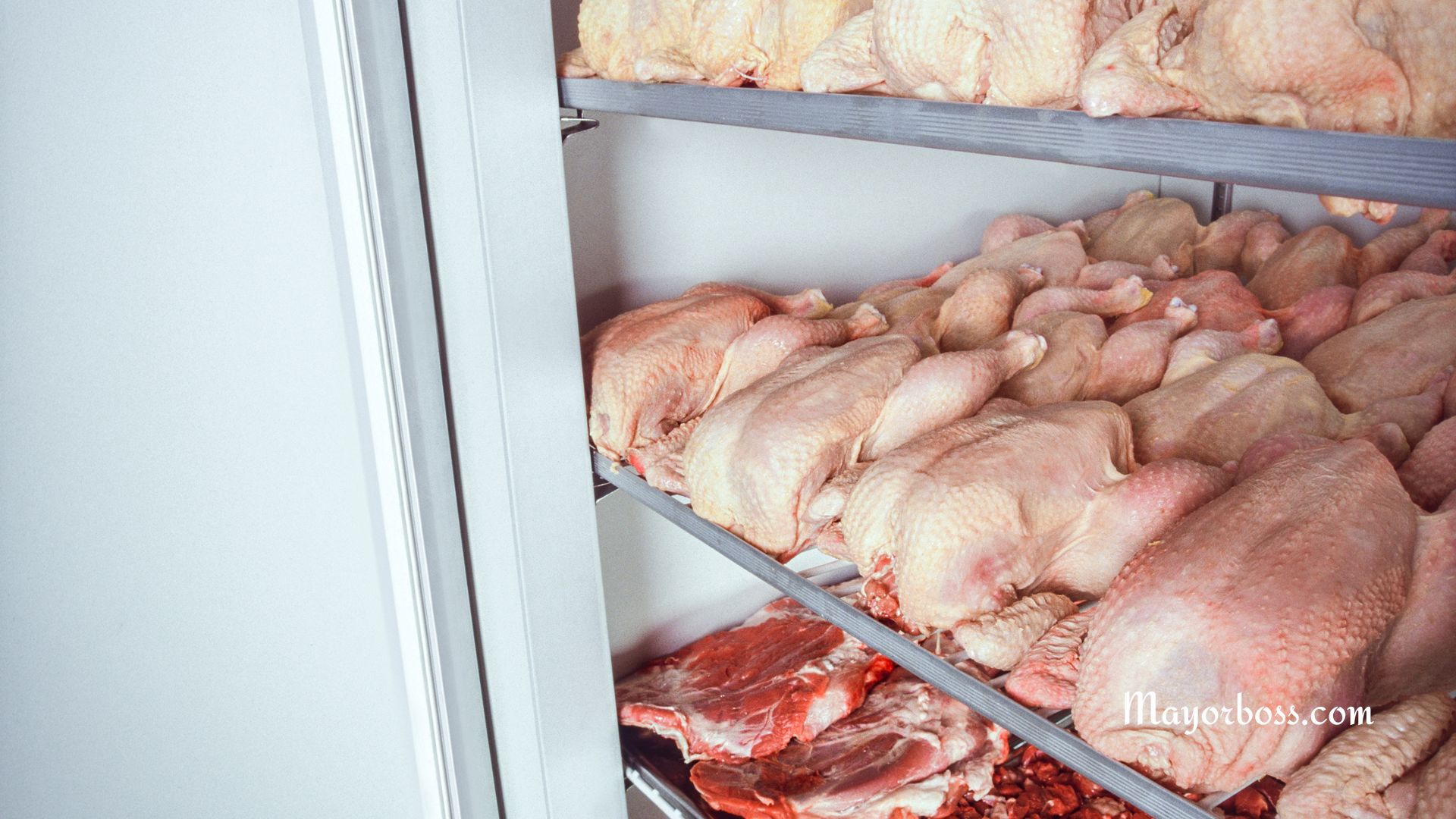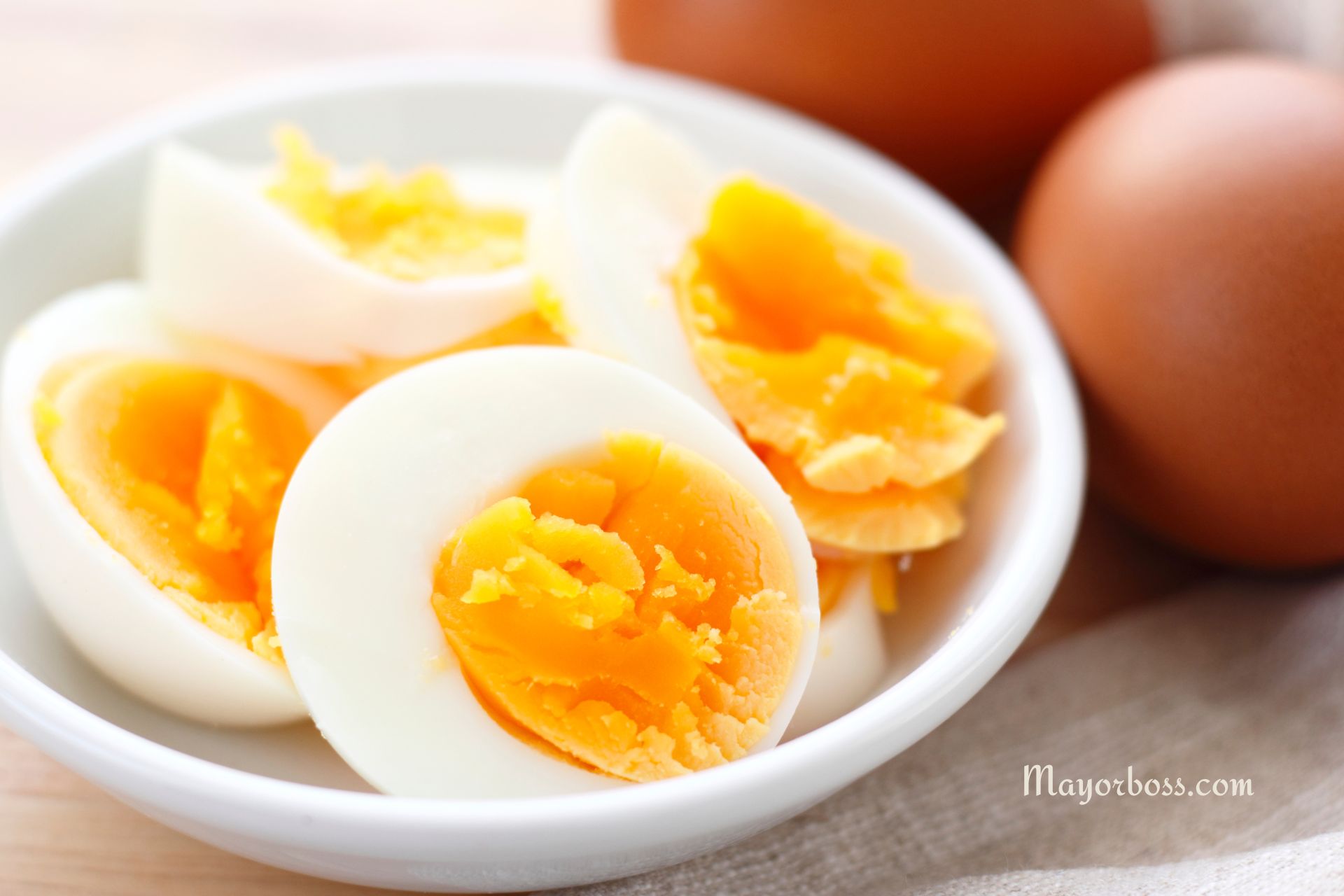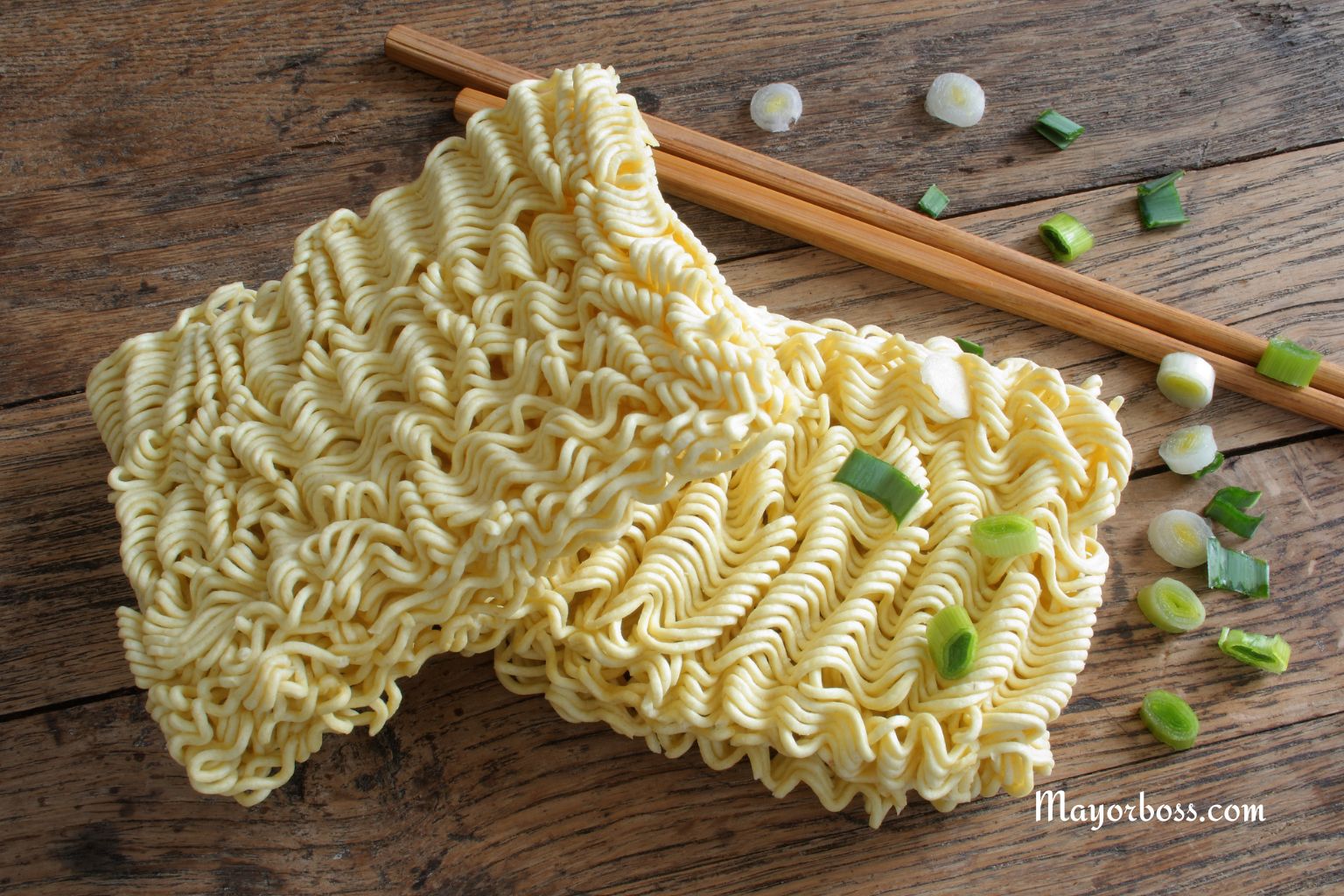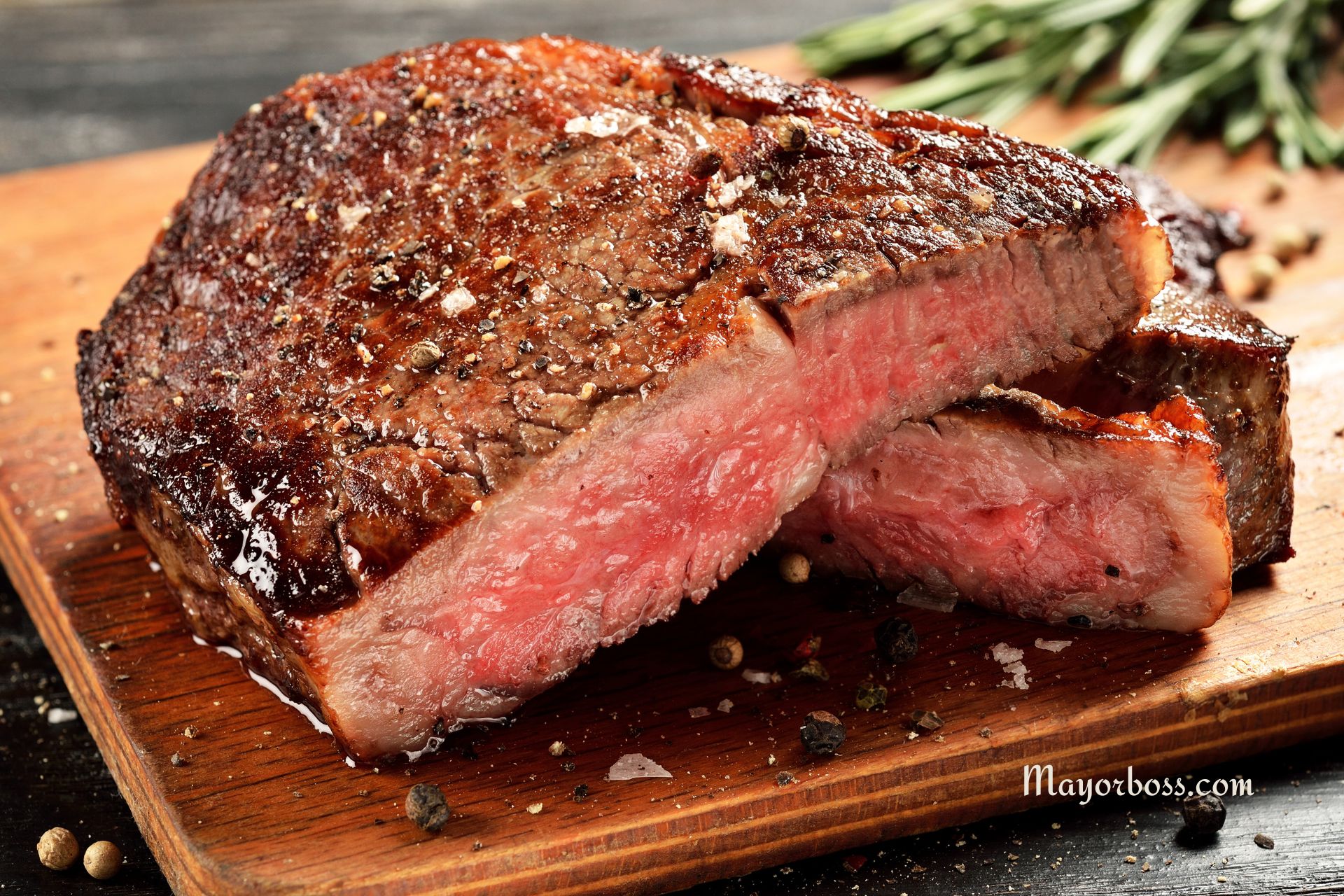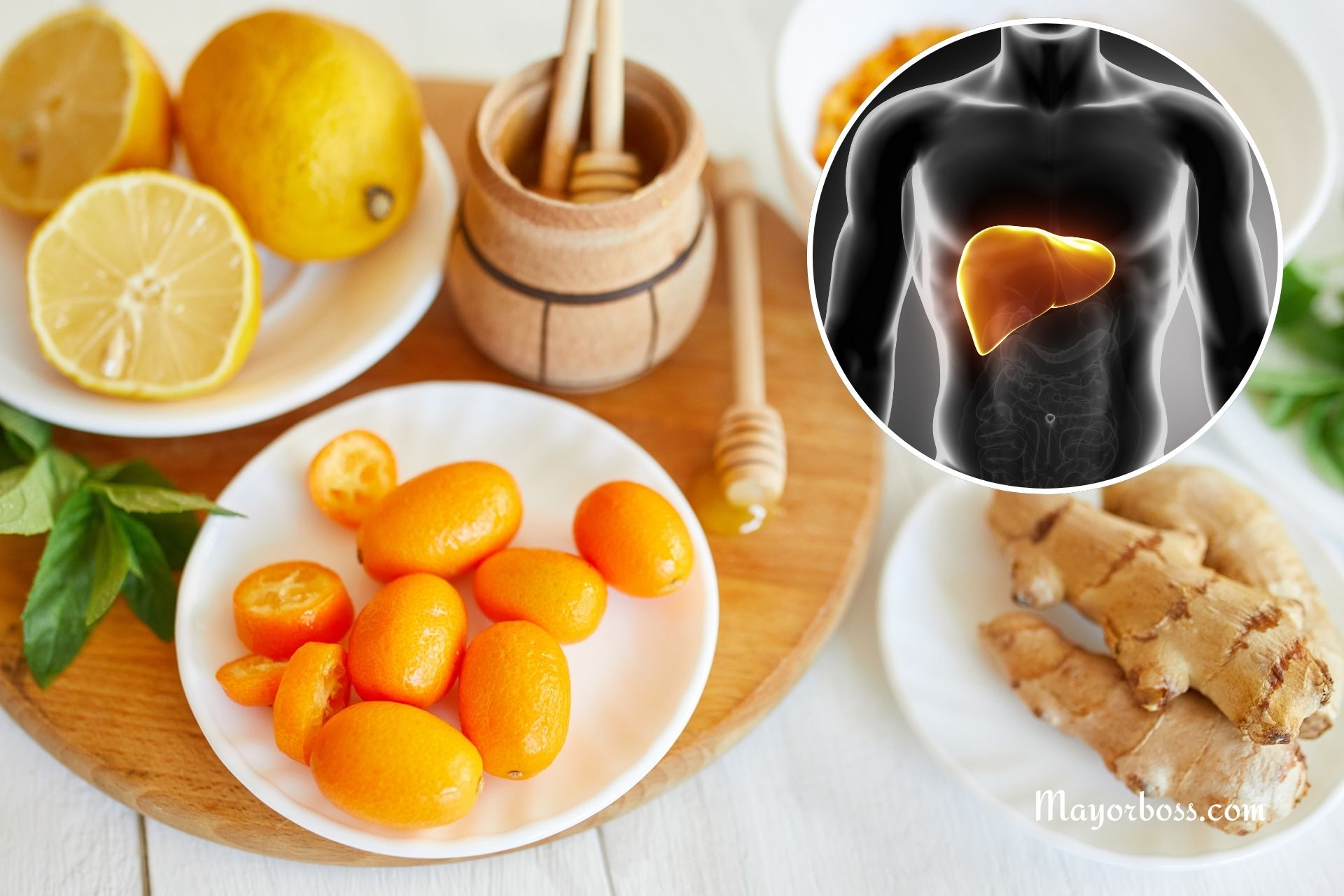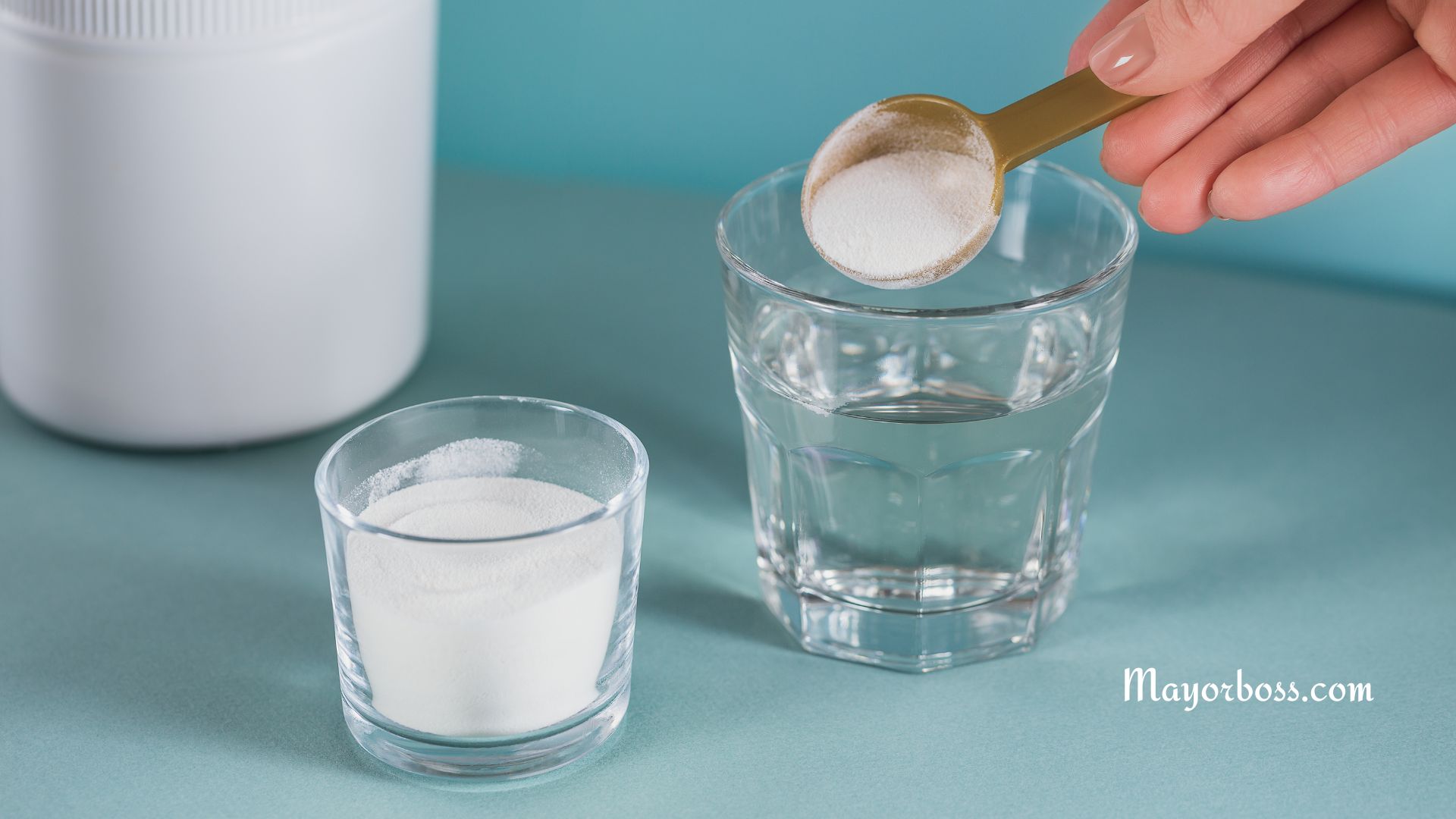7 Foods and Drinks That Can Stain Your Teeth
A bright smile signals health and confidence. Yet many everyday favorite foods and drinks can leave behind stubborn stains. Knowing what causes discoloration gives you the power to protect your enamel—without giving up every treat you enjoy.
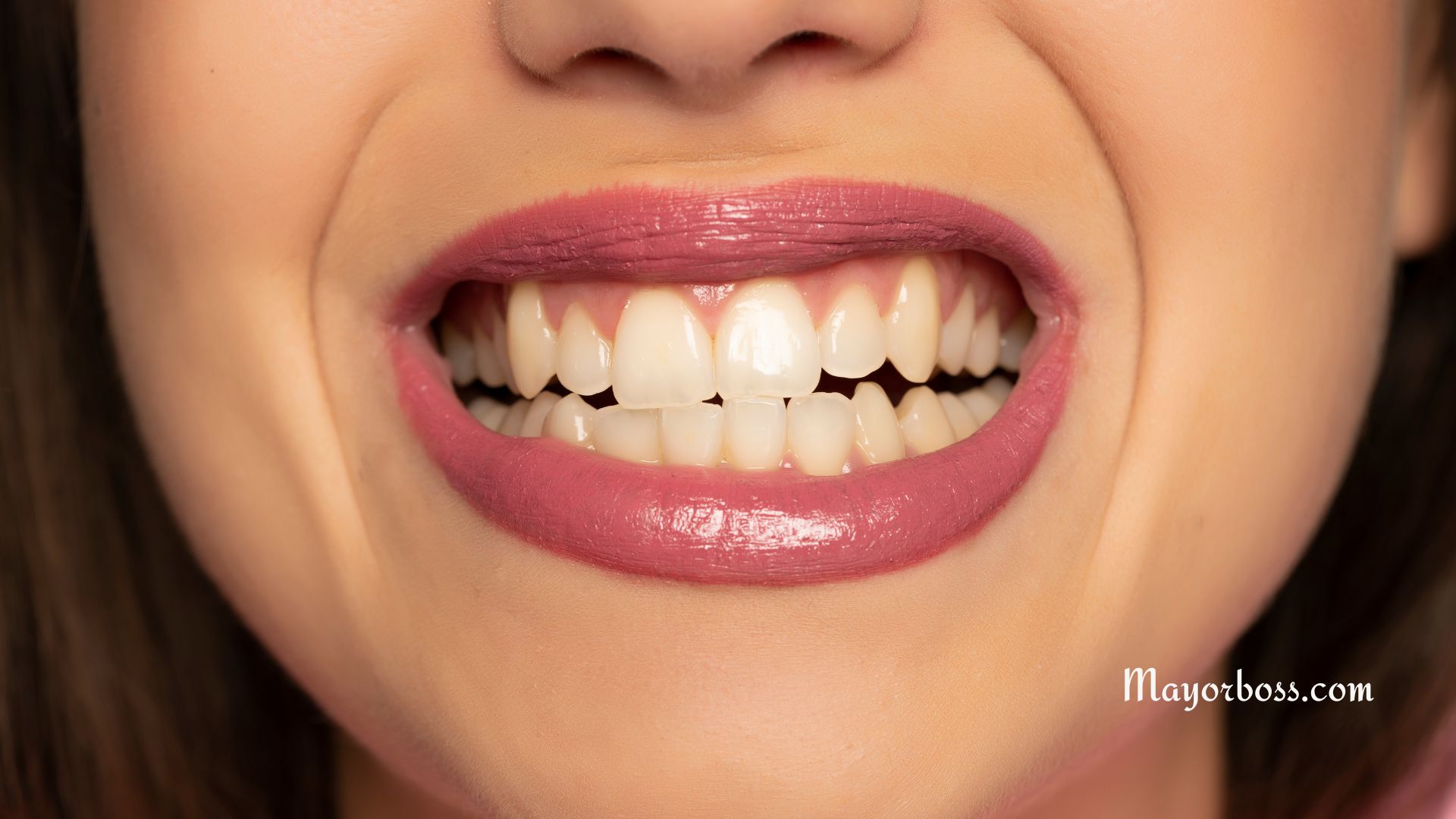
Tooth enamel looks smooth, but under a microscope, it contains tiny pores. Dark pigments—called chromogens—slip into those pores and build up over time. Acidic foods roughen the enamel surface, inviting even more color to stick. The result is a yellow or brown cast that brushing alone cannot erase.
1. Coffee
Morning coffee tops the list. Its deep brown pigments attach quickly to enamel, and its natural acidity opens surface pores even wider. Sip slowly throughout the day, and each contact coats teeth again.
Smart swap: Finish your cup within a short window, then rinse with plain water. Adding a dash of milk can lighten the brew, reducing pigment strength.
2. Tea—Especially Black Tea
Tea contains even more tannins than coffee. Black tea, oolong, and dark chai cling to enamel with surprising speed. While green and white teas carry fewer staining compounds, they still pose some risk if you drink them all day long.
Smart swap: Choose herbal or lightly colored teas when possible. Chill them and drink with a straw to limit contact.
3. Red Wine
Red wine brings together three stain triggers: deep purple pigments, natural acids, and tannins. That trio can tint teeth after just one glass. The longer the wine lingers in your mouth, the darker the impact.
Smart tip: Alternate each sip with a drink of water. A crunchy appetizer such as cheese or raw veggies also helps scrub pigments before they settle.
4. Cola and Other Dark Soft Drinks
Cola earns its shade from caramel coloring, a syrup that clings to tooth surfaces. The drink’s phosphoric acid and sugar weaken enamel, setting the stage for stains and decay.
Smart swap: Switch to sparkling water flavored with a splash of citrus juice. If you choose soda, use a straw and finish it in one sitting rather than sipping for hours.
5. Berries
Blueberries, blackberries, and pomegranates pack antioxidants your body loves—but their rich skin pigments love your enamel too. Even berry smoothies or juices carry enough color to darken a smile.
Smart tip: Enjoy berries with yogurt or milk. The dairy proteins bind some pigments and create a temporary barrier on tooth surfaces.
6. Tomato‑Based Sauces
Tomato sauces combine vivid red pigments with an acidic base. Hot pasta sauce can coat teeth thoroughly, especially when you eat it slowly and talk between bites.
Smart swap: Start the meal with leafy greens. Spinach or lettuce leaves form a thin protective film that reduces color absorption.
7. Soy Sauce and Balsamic Vinegar
These condiments look almost black, and their deep pigments settle quickly into enamel. They are also slightly acidic, which magnifies the staining effect during long meals.
Smart tip: Limit how long the sauce rests on your teeth. Rinse soon after eating, or pair dishes with crunchy vegetables to help scrub surfaces clean.
How to Lower Your Risk of Tooth Discoloration
- Rinse or drink water right after staining foods.
- Brush twice daily using a soft brush and fluoride toothpaste. Wait 30 minutes after acidic meals so enamel can re‑harden before brushing.
- Use a straw for iced coffee, tea, or cola.
- Chew sugar‑free gum; it boosts saliva flow, which naturally washes pigments away.
- Schedule professional cleanings every six months. Your dentist can polish surface stains and advise on whitening options if deeper discoloration remains.
When Stains Signal a Larger Issue
If you notice dark lines near the gumline, sudden patches of brown, or a change in tooth texture, schedule an exam. These signs might indicate enamel erosion or cavities rather than simple surface stains. Early treatment prevents more serious problems, including sensitivity and infection.
Final Thoughts
Staining foods and drinks do not force you to choose between flavor and a confident smile. With mindful habits—fast rinsing, smart pairings, and regular dental care—you can enjoy your favorites while keeping your teeth bright.

